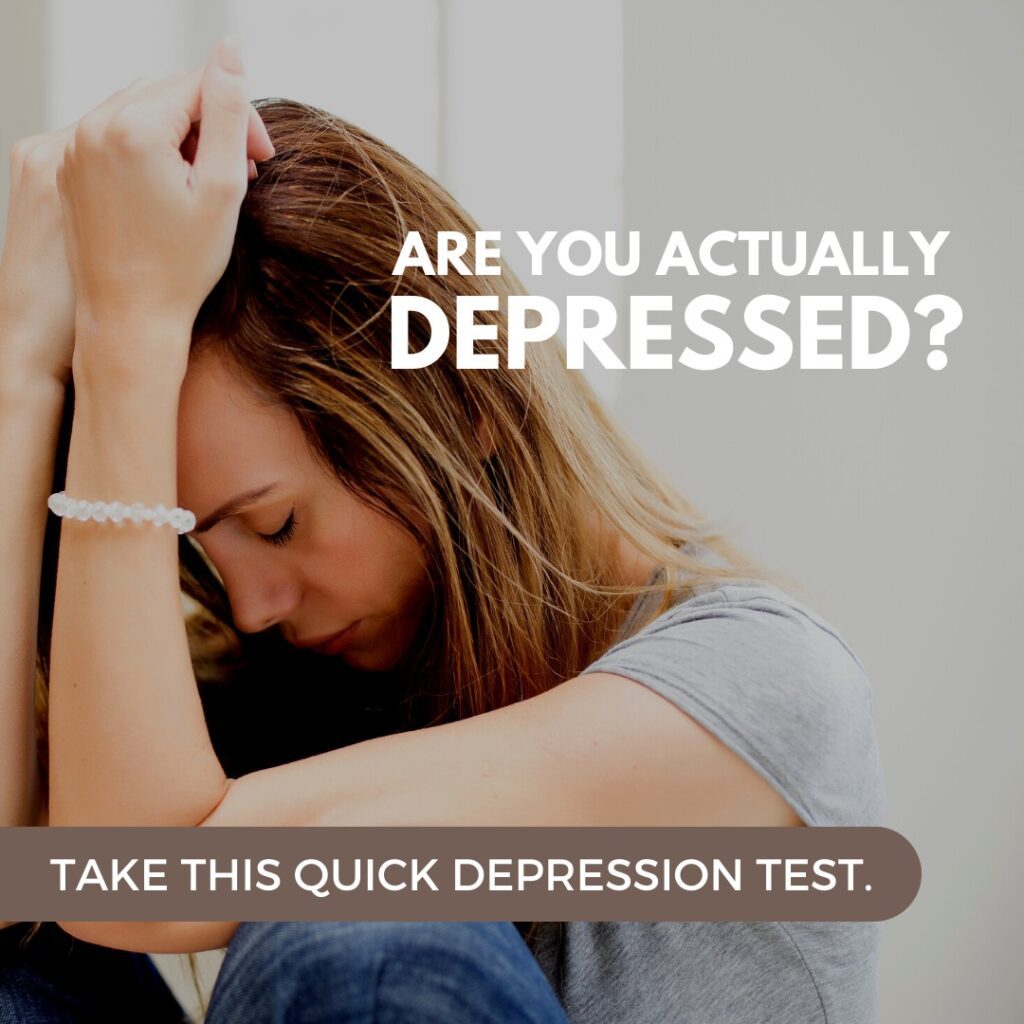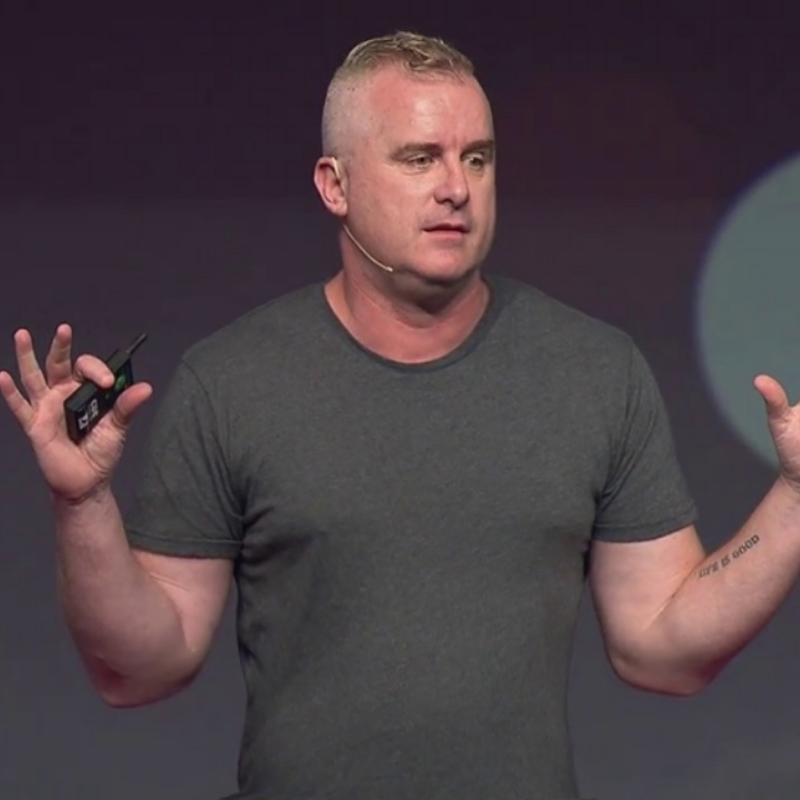Group therapy is a form of psychotherapy that involves a small group of people coming together to talk about their experiences and struggles with a trained therapist. It can be an effective treatment option for individuals struggling with mental health issues, providing a supportive and safe environment to explore their feelings and emotions.
Introduction
When it comes to seeking therapy, many people may feel hesitant or even ashamed to admit they need help. However, therapy can be a crucial component in improving mental health and well-being.
Group therapy, in particular, can be a great entry point for those who may feel overwhelmed or unsure about seeking help. In this article, we will explore the benefits of group therapy and why sitting with other people with the same experiences can be a powerful way to begin the journey towards healing.
What is Group Therapy?
Group therapy is a form of psychotherapy that involves a small group of individuals meeting together regularly to discuss their experiences, thoughts, and emotions with one another.
The group is usually led by a trained therapist who provides guidance and support as individuals work through their challenges.
Group therapy can take many different forms and can be used to address a wide range of mental health issues, including anxiety, depression, addiction, and trauma.
Groups can be open or closed, with open groups allowing new members to join at any time and closed groups remaining the same for the duration of the therapy.
The Benefits of Group Therapy
Group therapy offers a number of benefits that can be difficult to achieve through individual therapy alone.
Here are just a few:
1. Support and Validation
One of the primary benefits of group therapy is the sense of support and validation that comes from being surrounded by others who are going through similar experiences. Group members can offer empathy and understanding, helping individuals feel less alone in their struggles. This support can be particularly powerful in helping individuals to overcome feelings of shame or isolation.
2. Different Perspectives
In group therapy, individuals are exposed to different perspectives and viewpoints. This can help to challenge rigid or limiting beliefs and can open up new ways of thinking about problems. Hearing from others who have overcome similar struggles can also provide hope and inspiration.
3. Practice Social Skills
Group therapy provides a safe and supportive environment for individuals to practice social skills, such as active listening, expressing emotions, and giving and receiving feedback. This can be particularly beneficial for individuals who struggle with social anxiety or have difficulty forming connections with others.
4. Cost-Effective
Group therapy can be a more cost-effective option than individual therapy, as the cost is shared among group members. This can make therapy more accessible for individuals who may not have the financial resources to pay for individual therapy.
Want to try group therapy at no cost?
The Reboot Groups are my free online group therapy sessions every week. Each week we have a different theme, and an opportunity to learn new skills and share your experiences with people who have similar ones.
There are only 5 spots in each session each week, so if you are interested in trying group therapy, click here and let’s get started.
5. Long-Term Benefits
Research has shown that group therapy can lead to long-term benefits, including improved self-esteem, increased feelings of social support, and reduced symptoms of anxiety and depression. Group therapy can also provide individuals with the skills and tools they need to continue making progress outside of therapy.
FAQs About Group Therapy
How many people are usually in a group therapy session?
Group therapy sessions typically range from 6-12 individuals, though some groups may be larger or smaller depending on the type of therapy and the setting.
What types of mental health challenges can be addressed in group therapy?
Group therapy can be effective for a range of mental health challenges, including anxiety, depression, addiction, trauma, and personality disorders.
What happens during a group therapy session?
During a group therapy session, individuals will typically take turns discussing their experiences and challenges. The therapist will facilitate the discussion and provide guidance and support as needed.
Conclusion
In conclusion, group therapy is an effective and valuable form of psychotherapy that provides individuals with a supportive and non-judgmental space to explore their emotions, thoughts, and behaviours with others who are going through similar experiences.
The benefits of group therapy include feeling less alone, learning from others, saving time and money, and improved social skills.


















